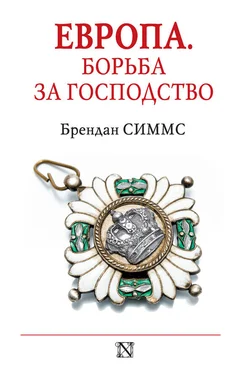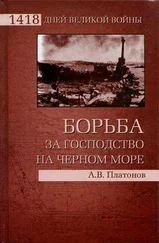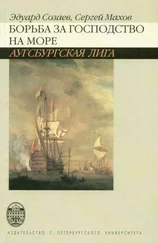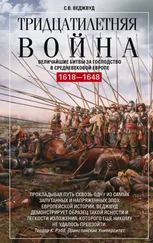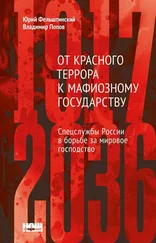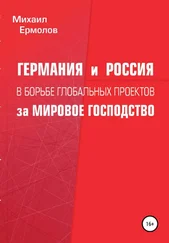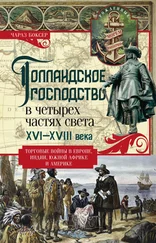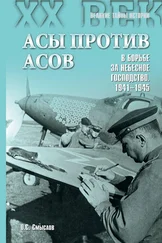William Korey, The promises we keep. Human rights, the Helsinki process, and American foreign policy (New York, 1993), p. xvii.
Olav Njølstad, ‘The Carter administration and Italy: keeping the communists out of power without interfering’, Journal of Cold War Studies, 4, 3 (2002), pp. 56–94 (quotation p. 64).
Kenneth Maxwell, The making of Portuguese democracy (Cambridge, 1997).
Donald Sassoon, One hundred years of socialism. The west European left in the twentieth century (London, 1996), especially chapter 21.
Douglas Wass, Decline to fall. The making of British macro-economic policy and the 1976 IMF crisis (Oxford and New York, 2008).
Robin Harris (ed.), The collected speeches of Margaret Thatcher (London, 1997), p. 39. I am grateful to Matthew Jamison for this reference.
Svetlana Savranskaya, ‘Human rights movement in the USSR after the signing of the Helsinki Final Act, and the reaction of Soviet authorities’, in Leopoldo Nuti (ed.), The crisis of détente in Europe. From Helsinki to Gorbachev, 1975–1985 (London and New York, 2009), p. 29.
Имеется в виду Ю. Ф. Орлов, основатель и первый руководитель Московской Хельсинкской группы . Примеч. ред.
Justin Vaïsse, Neoconservatism. The biography of a movement (Cambridge, Mass., 2010).
Klaus Wiegrefe, Das Zerwürfnis. Helmut Schmidt, Jimmy Carter und die Krise der deutsch-amerikanischen Beziehungen (Berlin, 2005).
Maria Eleonora Guasconi,‘Europe and the EMS challenge: old and new forms of European integration in the 1970s’, in Nuti (ed.), Crisis of détente in Europe, pp. 177–89, especially pp. 177–8 and 181.
Oliver Bange, ‘“Keeping détente alive”: inner-German relations under Helmut Schmidt and Erich Honecker, 1974–1982’, in Nuti (ed.), Crisis of détente in Europe, pp. 233–4.
Interview with Zbigniew Brzezinski, Le Nouvel Observateur, 15–21. 1.1998.
Ray Takeyh, Guardians of the revolution. Iran and the world in the age of the ayatollahs (Oxford and New York, 2009), especially pp. 11–33 (quotations pp. 28, 18, 20 and 21). Благодарю мою студентку Розанну Айвори за интересные беседы об иранской революции и ее международных последствиях.
Enrico Fardella, ‘The Sino-American entente of 1978–1979 and its “baptism of re” in Indochina’, in Max Guderzo and Bruna Bagnato (eds.), The globalization of the Cold War. Diplomacy and local confrontation. 1975–85 (London and New York, 2010), pp. 154–65, especially pp. 158–9.
Yaroslav Trofimov, The siege of Mecca. The forgotten uprising (London, 2007).
Lloyd C. Gardner, The long road to Baghdad. A history of U. S. foreign policy from the 1970s to the present (New York and London, 2008), p. 56.
Odd Arne Westad, ‘The road to Kabul: Soviet policy on Afghanistan, 1978–1979’, in Odd Arne Westad (ed.), The fall of détente. Soviet-American relations during the Carter years (Oslo, 1997), especially pp. 134–135.
G. R. Sloan, Geopolitics in United States strategic policy, 1890–1987 (Brighton, 1988), p. 191.
Jeffrey Herf, War by other means. Soviet power, West German resistance, and the battle of the Euromissiles (New York, 1991), and Thomas Risse-Kappen, Zero option. INF, West Germany, and arms control (Boulder and London, 1988).
David Skidmore, Reversing course. Carter’s foreign policy, domestic politics and the failure of reform (Nashville and London, 1996), pp. 52–83.
Richard Melanson, American foreign policy since the Vietnam War. The search for consensus from Nixon to Clinton (Armonk and London, 1996), p. 134.
Mark A. Kramer, ‘Poland, 1980–81. Soviet policy during the Polish crisis’, Cold War International History Project Bulletin, issue 5 (Spring, 1995), pp. 118–23.
Raymond L. Garthoff, The great transition. American—Soviet relations and the end of the Cold War (Washington, DC, 1994), p. 8.
Smith, America’s mission, p. 303.
‘Obituary: Lord Blaker’, The Times, 9.7.2009, p. 57.
Lawrence Freedman, The of cial history of the Falklands campaign, 2 vols. (London, 2005).
A. F. K. Organski, The $36 billion bargain. Strategy and politics in US assistance to Israel (New York, 1990), p. 204.
Beatrice Heuser, ‘The Soviet response to the Euromissiles crisis’, in Nuti (ed.), Crisis of détente in Europe, p. 144. For Soviet concerns about the Bundeswehr see p. 143.
Pavel Stroilov, ‘Reaching through the Iron Curtain’ (по дневникам советского дипломата Анатолия Черняева), and Gerald Kaufman, ‘How my party was betrayed by KGB boot-lickers’, in the section ‘Labour and the Soviets’, Spectator, 7.11.2009, pp. 14–17.
Peter J. Westwick, ‘The Strategic Offense Initiative? The Soviets and Star Wars’, Physics Today, 61, 6 (June 2008), p. 45.
Sean N. Kalic, ‘Reagan’s SDI announcement and the European reaction: diplomacy in the last decade of the Cold War’, in Nuti (ed.), Crisis of détente in Europe, pp. 99–110.
Margaret Thatcher, The Downing Street Years (London, 1993), p. 548. Также: Hugo Young, The blessed plot. Britain and Europe from Churchill to Blair (Basingstoke, 1998), pp. 306–74, especially pp. 310 and 358.
Richard Hellie, ‘The structure of Russian imperial history’, History and Theory, 44, 4 (2005), p. 107.
Amin Saikal and William Maley (eds.), The Soviet withdrawal from Afghanistan (Cambridge, 1989), p. 13.
Rodric Braithwaite, Afgantsy. The Russians in Afghanistan, 1979–89 (London, 2011), especially pp. 121–24.
Stephen Kotkin, Armageddon averted. The Soviet collapse, 1970–2000 (Oxford, 2001), and Mikhail Gorbachev, Perestroika. New thinking for our country and the world (London, 1987), p. 19 and passim.
Vladislav M. Zubok, ‘Why did the Cold War end in 1989? Explanations of “the turn”’, in Odd Arne Westad (ed.), Reviewing the Cold War. Approaches, interpretations, theory (London, 2000), p. 347.
Boris Meissner, Vom Sowjetimperium zum eurasischen Staatensystem. Die russische Aussenpolitik im Wandel und in der Wechselbeziehung zur Innenpolitik (Berlin, 1995), pp. 37–66.
Vladimir Shlapentokh, ‘A normal system? False and true explanations for the collapse of the USSR’, The Times Literary Supplement, 15.12.2000, p. 12.
Читать дальше
Конец ознакомительного отрывка
Купить книгу
